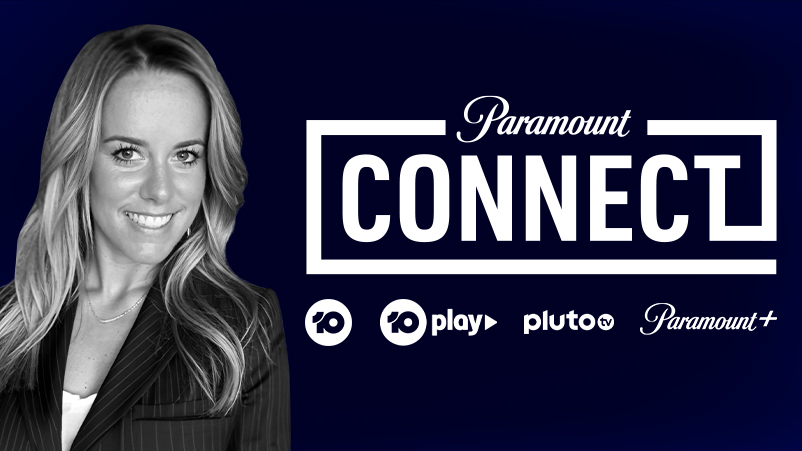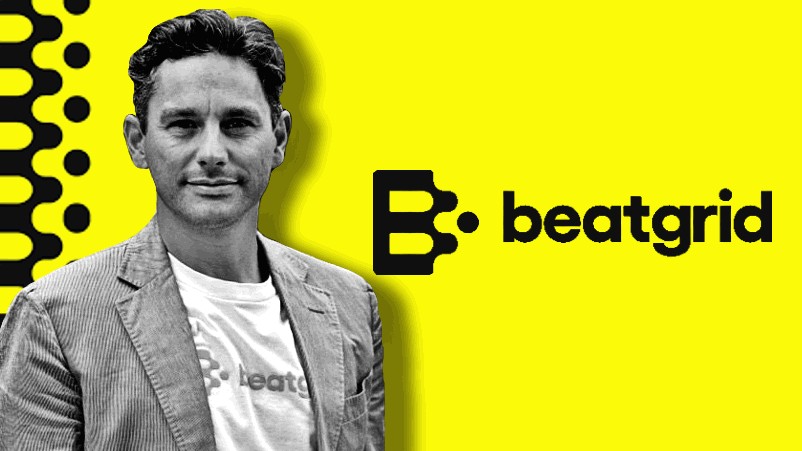Anxiety, daily Covid counts, mental health and change: what Thinkerbell CEO Margie Reid learned from lockdown

When Covid forced Victoria into lockdown, it also severed the connections between tight-knit Thinkerbell teams in Sydney and Melbourne. CEO Margie Reid says she appreciated the power of phone calls, Zoom and emotional support on mental health – and how brands can positively affect inequality.
The anxiety that came with those daily Covid case counts was real. I think every day it instilled the need for human connection wherever possible, while also reminding me of the huge and lasting impact Covid was having on people’s mental health.
2020 was an eye opener – both professionally and personally.
As a small business only three years old at the time, Covid represented a significant challenge. But it wasn’t all terrible and there were in fact many silver linings and lessons learnt.
For me 2020 was a real collision of business, social and environmental issues. And industry leaders were powerfully reminded of the impact their decisions have on the lives and wellbeing of those around them.
You always want to do what is ‘right’ and to focus on the ‘good’. But Covid made those imperatives both harder to achieve and even more important.
Much of this was related to the considerable stress and job security anxiety that the pandemic created. People felt exposed, unsure and alone.
With a K shaped economic recovery potentially meaning further inequality of wealth distribution, it’s even more important to be socially aware. It will be incumbent on companies (and industries) to create positive change, and not left to the government.
From social to non-social
So it’s no surprise that for me, social isolation was the big issue that came out of 2020 and one that was certainly spurred by the restrictions we all experienced. On a personal level dealing with lockdown was a test. But then ensuring the wellbeing of our wider team made things exceptionally challenging.
Melbourne’s lockdown in particular, which kept the team entirely isolated (from each other in Melbourne but also from our team in Sydney), tested my leadership on a daily basis. Every morning brought with it a different situation with new curve balls, new restrictions and new threats.
These additional pressures really meant I had to stop and reflect on how I could personally perform, and importantly, also replenish my energy. For me, a daily routine — and even simply finding ways to appreciate the smaller things — was very effective. As I said before, searching for those silver linings was also a great little habit I created.
The anxiety that came with those daily Covid case counts was real. I think every day it instilled the need for human connection wherever possible, while also reminding me of the huge and lasting impact Covid was having on people’s mental health. One silver lining of those experiences, I think, has been our industry’s renewed focus on mental wellbeing. It may be an issue that is not always visible but it is one that fundamentally matters.
The leaders I dealt with over this time shared the unifying challenge, and through this need for support, relationships grew stronger. Be it an hour long Zoom call, texts or the good old phone call to share concerns or ideas on tackling the isolation, physical disconnection and of course managing burnout people were encountering from not having a switch off for the end of the day.
When invited by Mentally Healthy Change group and UnLtd to participate in the Mental Health First Aid training for CEOs, I saw it as a welcome opportunity to build up that focus in Thinkerbell.
A big part of this was about de-stigmatising mental health in the first place and almost beginning to normalise its treatment and support as we do in the case of those with physical health concerns. The other part was learning the skills to help someone suffering from mental health issues. But also putting a mirror to myself to see how I was coping.
What impact are we having?
Perhaps another broader impact of Covid has been how we think about our businesses generally. The new ‘Covid normal’ forces us to move more slowly and I think to consider in more depth the impact we have on the world – whether that be related to climate change, diversity and inclusion, equality or even helping those that are more disadvantaged than us.
I think this pandemic made us, Australia, a community for the first time in a long time and we can use that as a great springboard for driving positive change across the board.
One trend I have seen is businesses and brands wanting to do more to help do their part in these areas to support our communities. With a K shaped economic recovery potentially meaning further inequality of wealth distribution, it’s even more important to be socially aware. It will be incumbent on companies (and industries) to create positive change, and not left to the government.
On a personal level despite the challenges and the pressures of 2020 there have been several lessons learnt that give me a sense of motivation and optimism:
- Never underestimating the power of connectivity, whether that be physical, or emotional – feeling supported, working together and having each others’ backs is hugely important for our mental health.
- Working with clients and others who are playing a big part in this and the legacy they leave has also solidified my passion to drive social change.
- While we might often feel powerless on our own, as a collective of businesses and as an entire industry there isn’t much that we can’t affect.


